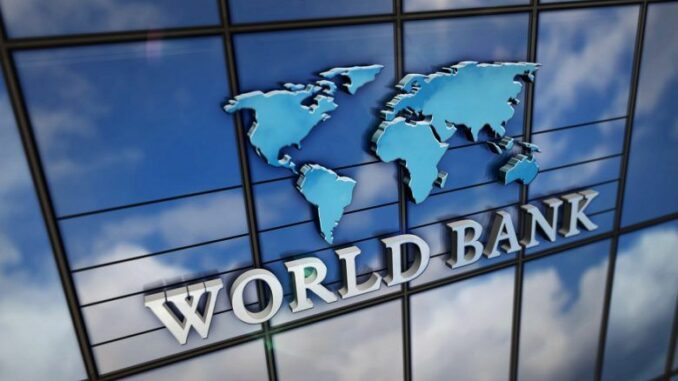
In 2024, Nigeria achieved its highest economic growth in ten years, according to the World Bank, marking a significant recovery driven by bold structural reforms under President Bola Ahmed Tinubu’s administration. The country’s real GDP rose by 4.6% in the fourth quarter of 2024, bringing annual growth to 3.4%—the highest since 2014, excluding the post-pandemic rebound.
The World Bank attributes this growth primarily to a resurgence in the oil and gas sector, alongside robust performance in information and communication technologies and financial services. However, agricultural growth remained subdued at just 1.2%, hindered by insecurity and high input costs in key farming regions.
While inflation remains “high and persistent,” the Bank forecasts a gradual decline to an average of 22.1% by 2025. It praised Nigeria’s efforts to restore macroeconomic stability, particularly the removal of fuel subsidies and currency liberalization, which are seen as vital steps toward attracting foreign investment.
Despite these positive developments, many Nigerians continue to face severe economic hardship. With nearly half the population living below the poverty line, the World Bank notes that wage growth has failed to keep pace with inflation, especially in urban areas.
The IMF has also highlighted that the benefits of reform have yet to reach the broader population, underscoring the need for inclusive policies to ensure long-term economic resilience and social stability.
